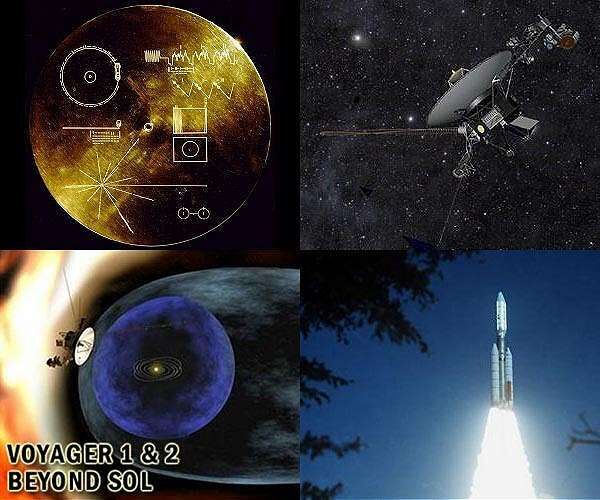OF THE
TIMES
History will have to record that the greatest tragedy of this period of social transition was not the strident clamor of the bad people, but the appalling silence of the good people.
These parasites do like their grand-standing. This sounds very much like the rhetoric obomber Barry was spouting during his tenure. He spent a...
These are the wet dreams of psychos and the out-of-touch. None of these nato armies, apart from the US, can field more than ten thousand trained...
Doorstep? Do they mean the Hearthstone? The most important stone of the building by which one is granted entry and an ancient symbol. "Doorstep"...
The real stone of destiny is held by the knights Templar.
es mas sospechoso que un gitano haciendo footing (Chiquito de la Calzada).
To submit an article for publication, see our Submission Guidelines
Reader comments do not necessarily reflect the views of the volunteers, editors, and directors of SOTT.net or the Quantum Future Group.
Some icons on this site were created by: Afterglow, Aha-Soft, AntialiasFactory, artdesigner.lv, Artura, DailyOverview, Everaldo, GraphicsFuel, IconFactory, Iconka, IconShock, Icons-Land, i-love-icons, KDE-look.org, Klukeart, mugenb16, Map Icons Collection, PetshopBoxStudio, VisualPharm, wbeiruti, WebIconset
Powered by PikaJS 🐁 and In·Site
Original content © 2002-2024 by Sott.net/Signs of the Times. See: FAIR USE NOTICE

Reader Comments
Just taking exception with other "inaccuracies" of the article: This makes it sound like redundant hardware in the FDS controller system.
But actually, the author is just a jounalist (a.k.a. moron), and don't understand what he is writing about. Wackopedia states something different : [Link] As one memory chip represents just a fraction of the totally available memory (and memory space), a repair would involve a re-build of the application which avoids the damaged memory space. (Which is only possible if the damaged fraction is "horizontal", not "vertical" ...).
Which in turn presumes that Nasa still has a working environment for the toolchain to rebuild the application, and an identical target system at site to test it. And old geezers that still know how that works ...
Planet X has been known about for a few centuries. All the top astronomers throughout our history have done the maths. They all began looking for it during their careers. They can't all be wrong.
Just a quick search reveals this, although this isn't the report i read. I'm still looking for that.
[Link]